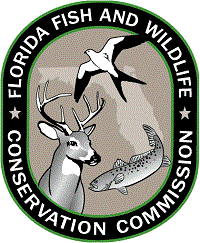Florida Wildlife Commission Defines Tarpon Statewide Snagging and Gear Rules

The Florida Fish and Wildlife Conservation Commission (FWC), at its Sept. 5 meeting in Pensacola, approved a two-part proposal that adds language to the current statewide snagging definition for tarpon and modifies what types of gear can be used when fishing in Boca Grande Pass. These changes go into effect Nov. 1.
“The actions taken today by the Commission represent a historic move to further protect this iconic fish,” said Commissioner Kenneth Wright. “One day, there will be a chapter on these conservation measures in a book on proactive fishery protection.”
The first part of the adopted changes include adding language to the snagging definition to prohibit catching or attempting to catch tarpon that have not been attracted or enticed to strike an angler’s gear. This change will apply to tarpon fishing statewide. The current definition for snagging or snatch-hooking is the intentional catch of a fish by any device intended to impale or hook the fish by any part of its body other than the mouth. Adding language specifying that gear must entice the fish will help further protect tarpon from being snagged.
The second part of the proposal prohibits fishing with gear that has a weight attached to a hook, artificial fly or lure in such a way that the weight hangs lower than the hook when the line or leader is suspended vertically from the rod. This change will apply to fishing for all species year-round within Boca Grande Pass. If this gear is on board a fishing vessel while inside the boundaries of the pass, it cannot be attached to any rod, line or leader and must be stowed. This change will further reduce the likelihood that tarpon in Boca Grande Pass will be snagged.
To learn more, visit MyFWC.com/Commission and click on “Commission Meetings” and “Agenda.”

